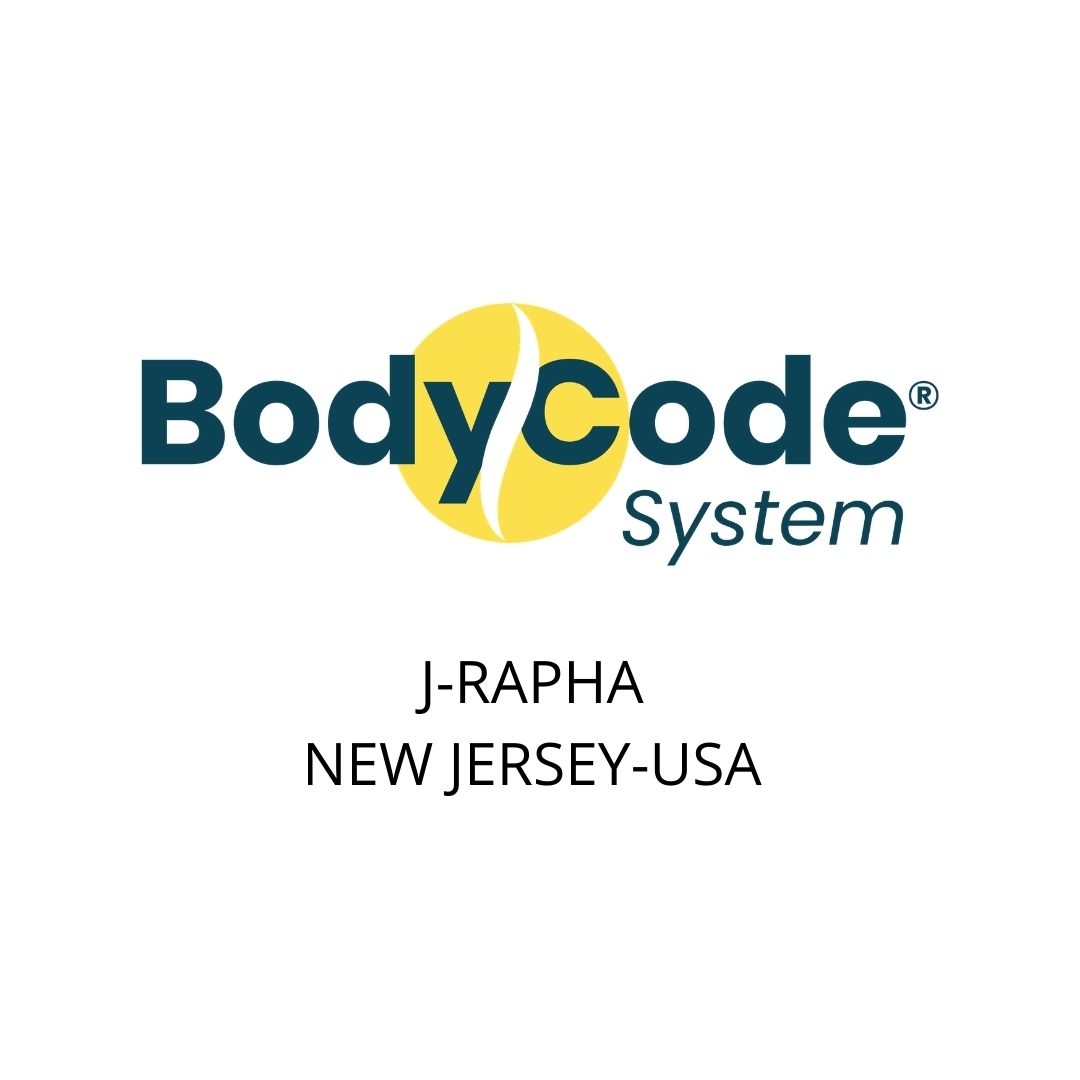The Dancer's Secret Weapon: Understanding Your Psoas for Better Performance
- BodyCode USA

- Mar 20, 2025
- 3 min read
Why the "Hidden Muscle" Makes All the Difference in Dance
When dancers struggle with extension, balance, or chronic lower back discomfort, the culprit often remains invisible yet influential: the psoas muscle. At J-Rapha Studio, we've discovered that this deep-seated core muscle holds the key to unlocking extraordinary performance potential through our specialized BodyCode System® approach.
What Is the Psoas and Why Should Dancers Care?
The psoas (pronounced "SO-as") isn't just another muscle—it's the primary connector between your upper and lower body. Running from your lumbar spine through your pelvis to attach at the femur, this powerful flexor influences everything from spinal alignment to leg extension.
For dancers, the psoas serves three critical functions:
Core Stabilization: Supporting your lower back during extensions and arabesques
Hip Flexion Power: Generating the strength needed for développés and battements
Postural Alignment: Maintaining proper pelvis position for clean lines
When the psoas functions optimally, movements appear effortless. When it's compromised, dancers often encounter persistent challenges that traditional training struggles to resolve.
Common Signs Your Psoas Needs Attention
Many dancers unknowingly compensate for psoas dysfunction, creating patterns that limit progress and increase injury risk. You might be experiencing psoas-related issues if:
Your lower back aches after center combinations
Your extensions feel blocked despite flexibility elsewhere
You struggle with consistent turnout maintenance
Your landing mechanics feel unstable after jumps
You experience mysterious hip "clicking" during certain movements
The BodyCode System® Approach to Psoas Optimization
Through the BodyCode System's comprehensive methodology, developed through Pino Carbone's thirty years of research, we assess and address psoas function through spiral movement patterns rather than linear exercises.
Our approach includes:
1. Fascia Release Techniques
Using specialized equipment like massage balls and foam rollers in the PDAR (Postural Dynamic Auto Reeducation) program, we gently release tension in the fascia surrounding the psoas. This creates space for optimal function and prevents compensatory patterns.
2. Spiral Integration Movements
Rather than isolating the psoas (which can create more tension), our Elvis the BodyKey program incorporates spiral movements that integrate this deep muscle with surrounding structures, creating balanced strength throughout the kinetic chain.
3. Proprioceptive Development
The MasterStretch® component of our training helps dancers develop greater awareness of their psoas engagement, leading to more refined control during technical movements.
Professional Dancers' Perspective
Se Hyun Jin, professional ballet dancer with New Jersey Ballet and J-Rapha instructor, notes: "Understanding my psoas changed everything about my dancing. After working with the BodyCode System®, I gained a new sense of control in adagio work and found relief from the back pain that had troubled me for years."
Beyond Traditional Approaches
While conventional psoas training often focuses on stretches or strengthening exercises in isolation, our method recognizes that true optimization comes from understanding this muscle within the body's interconnected system.
Through our specialized approach, dancers experience:
Increased extension height without back strain
Improved turnout maintenance
Enhanced balance and control
Reduced lower back tension
More powerful and efficient jumping
Start Your Psoas Transformation
The journey to better performance begins with understanding your unique movement patterns. At J-Rapha Studio, our comprehensive assessment identifies how your psoas is currently functioning and creates a personalized approach to optimization.
Ready to unlock your hidden potential? Book your trial today and discover how the BodyCode System® can transform your dance technique through intelligent psoas training.
Join elite dancers who train with J-Rapha Studio!




Comments